Professional Development Conference for teachers
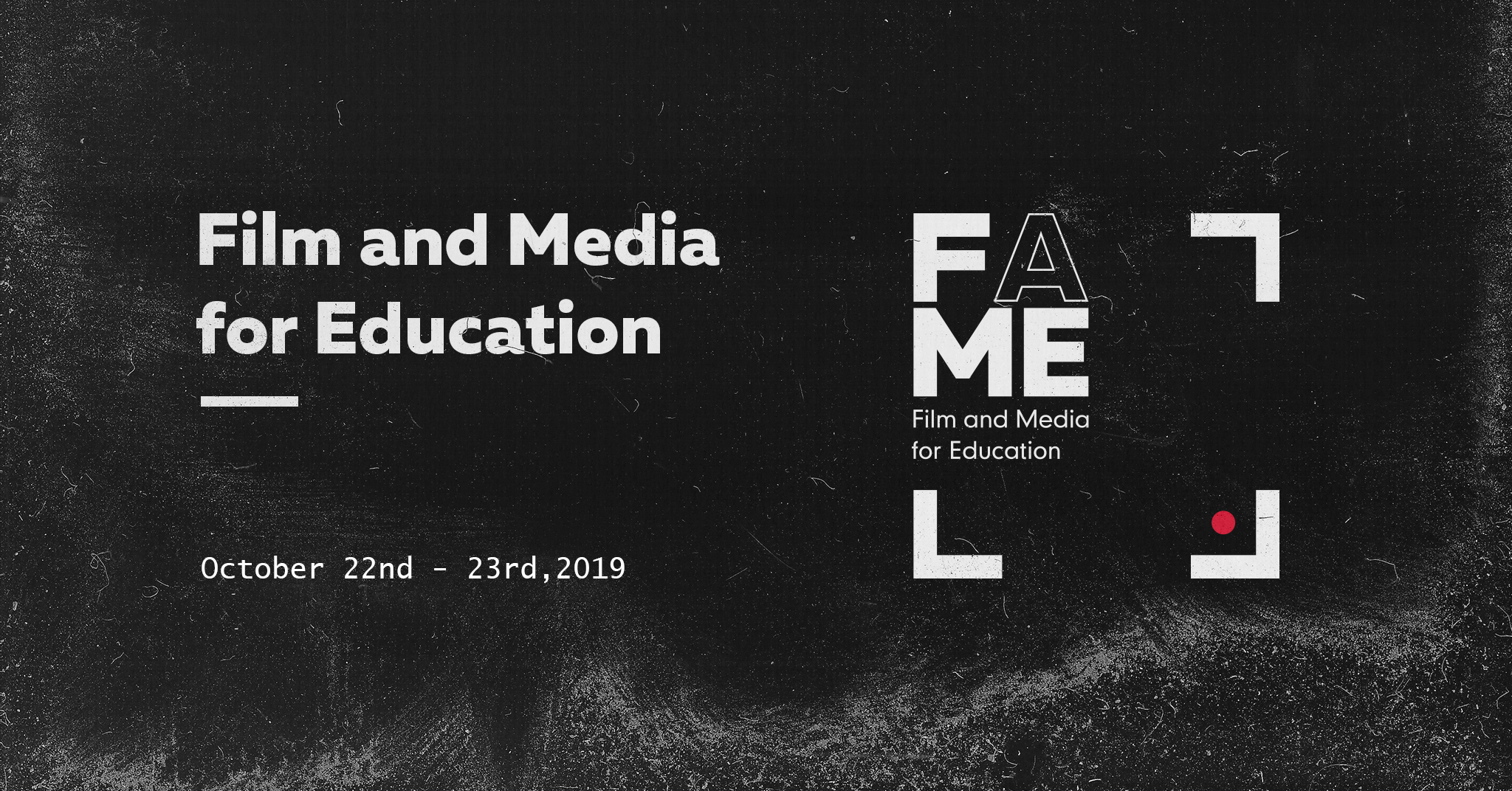
An extensive competence development conference for teachers in the field of film and media literacy taking place in Riga at the National Library of Latvia
The competence development conference for teachers in the field of film and media literacy “FAME. TAKE 2”, which is organized by the Latvian Academy of Culture together with the University of Latvia and partners from Estonia, Lithuania, Denmark and Finland will be hosted at the National Library of Latvia (3 Mūkusala Street, Riga) on October 22 to October 23, 2019.
The target audience of the seminar are teachers of general education, and 100 highly motivated teachers from all five partner countries were selected for this round of the project. Unlike usual the main focus of this conference programme is on the practical workshops carried out by experienced teachers and experts in the field from countries such as Latvia, Estonia, Lithuania, Denmark, Finland and Italy, thus enabling the participants to acquire innovative teaching methods, as well as to become the ambassadors for film and media literacy in education themselves. Participating teachers will have the opportunity to get acquainted with the basics of filmmaking and animation, to learn more about Internet safety, social networks and influencer literacy, as well as to acquire Game-design in classrooms and storytelling techniques using narrative as a learning tool.
The conference will also include thought-provoking and inspirational presenations by world-renowned international experts, such as film critic and theoretician Elīna Reitere (kinoraksti.lv), Sirkku Kotilainen from the University of Tampere, Lauri Palsa from KAVI the National Audiovisual Institute of Finland, educational anthropologist Gro Louise Pedersen (KIVITSISA project) and Carina Milde from the Swedish Institute.
Simultaneously, an exhibition 'Fake ≠ Fact Info Lab' organized by the Swedish Institute will be launched during the conference, thus marking the starting point for the project 'Fake ≠ Fact' in Latvia. The aim of the project is to provide a comprehensive fact-checking toolkit to help young people to navigate the information space of nowadays and to recognize false information from the truth.
The working language of the conference is English.
The conference is organized within the framework of the Nordplus Horizontal project “Film and Media for Education. Take 2”. The Latvian Academy of Culture is the leading institution of the project with partners from the Faculty of Social Sciences of the University of Latvia (LV), Riga Film Museum (LV), Baltic Film and Media School of Tallinn University (EE); Estonian Film Institute (EE), Lithuanian Centre for Journalism (LT); Vytautas Magnus University in Kaunas (LT), School Cinema Association - Koulukino (FI) and Animation Workshop VIA University College in Viborg (DK). The conference is financially supported by the National Library of Latvia, Swedish Institute, Riga International Film Festival and Bellevue Park Hotel Riga.
The aim of the project is to provide in-depth knowledge and skills on media and film literacy to teachers of general education from Latvia, Estonia, Lithuania, Denmark and Finland and to encourage and inspire them not only to use these skills and knowledge in their own classes, but also to serve as an example for other teachers. The project is also a continuation of the Nordplus Horizontal project „Media Literacy, Reuse and Heritage in Education”, which was successful in organizing an extensive competence development conference in Tallinn in January, 2019.
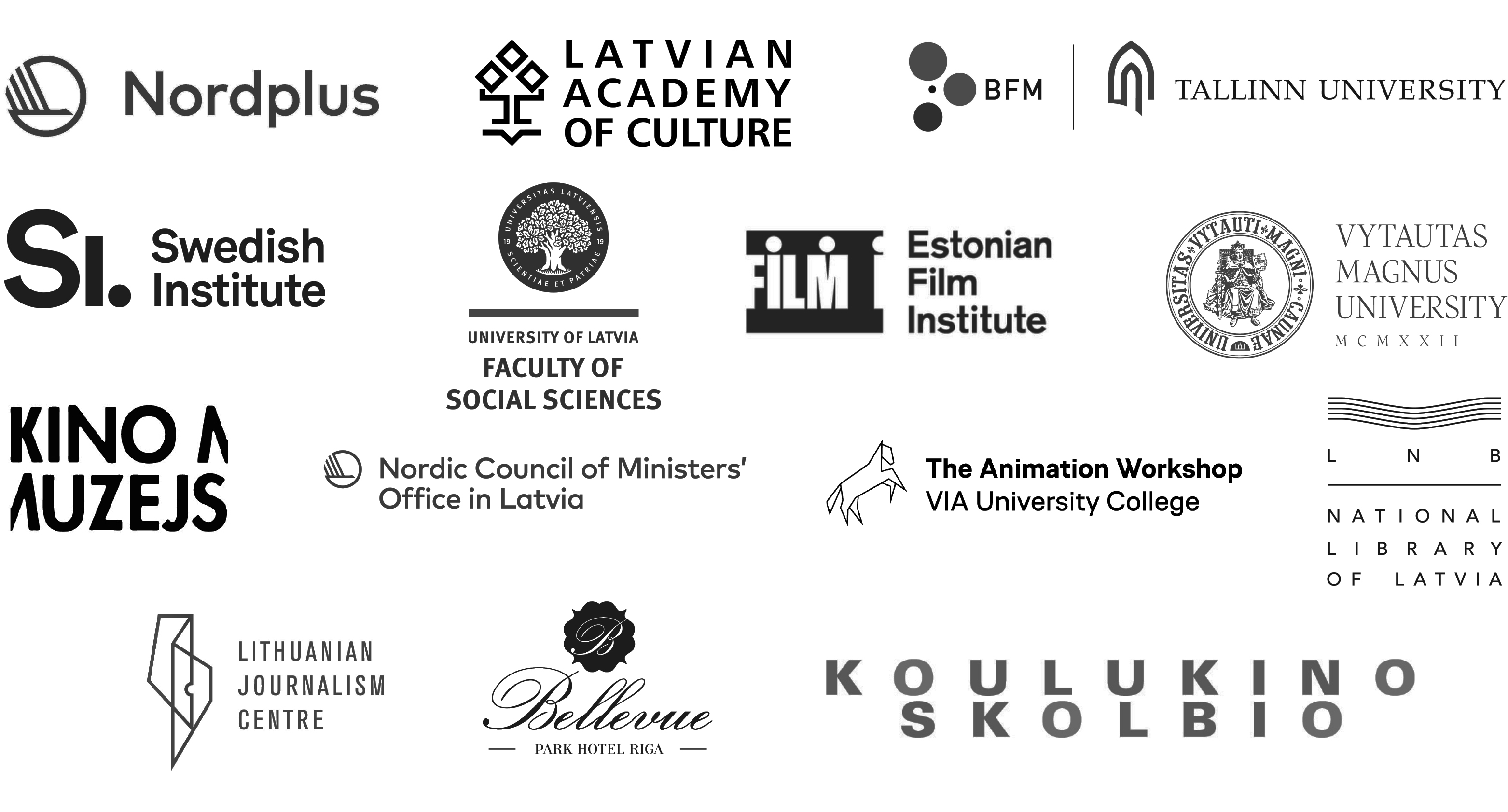
October 22 - Workshop Descriptions
Privacy and Surveillance on the Internet / Džina Donauskaite
PRIVACY AND SURVEILLANCE ON THE INTERNET
Participants of the workshop will learn new methods of teaching privacy and security on the Internet. Topics included in the workshop are: comprehension of Internet Networks, communication of devices, getting tips on how to construct a good password, learning the basis of encryption and privacy of email communication. Workshop is suitable for all teachers who use internet, email, social media, etc. Participants must bring their own smartphones or tablets.
Džina Donauskaite (Lithuania) Džina Donauskaitė is a journalist, lecturer and researcher. For the past 14 years, Donauskaitė’s work experience is connected with various media and communication activities, e.g. journalism, journalism education, project management and applied media research. At the moment, Džina Donauskaitė is the Director of Lithuanian Journalism Centre (LJC), where she implements various media literacy initiatives, and a postdoctoral researcher at Vytautas Magnus University, where her research focuses on impact of social media, like Google and Facebook, on the Baltic newsrooms. | 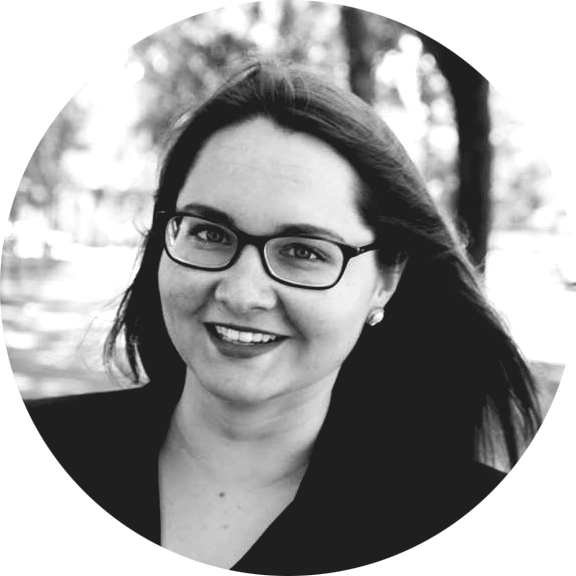 |
From abstract concepts to locally relevant educational plans / Lauri Palsa
FROM ABSTRACT CONCEPTS TO LOCALLY RELEVANT EDUCATIONAL PLANS: CONTEXTUALISING MEDIA LITERACY
Due to the growing meaning of media in our daily lives and societies, the importance of media literacy is widely recognised. However, the wide landscape of media broadens the concept of media literacy thus giving a challenge to educators: How to balance the broadness of media educational goals and the limits of educational practices? What are currently the most relevant media literacies? How those media literacies can be developed in practice? Based on the framework of conceptual contextualisation (Palsa & Mertala 2019) the aim of the workshop is to develop tools to support the local understanding of the concept of media literacy and to design outcome-based media education.
Lauri Palsa (Finland) Lauri Palsa is a Senior Adviser and team leader in the Finnish National Audiovisual Institute, KAVI. He is interested in developing broad-based understanding of media literacy and promoting equal opportunities for media education. Currently, his main duty in KAVI is conducting the revision process of Finnish media literacy policy. He is also preparing a dissertation on media literacy and multiliteracy in the University of Lapland. | 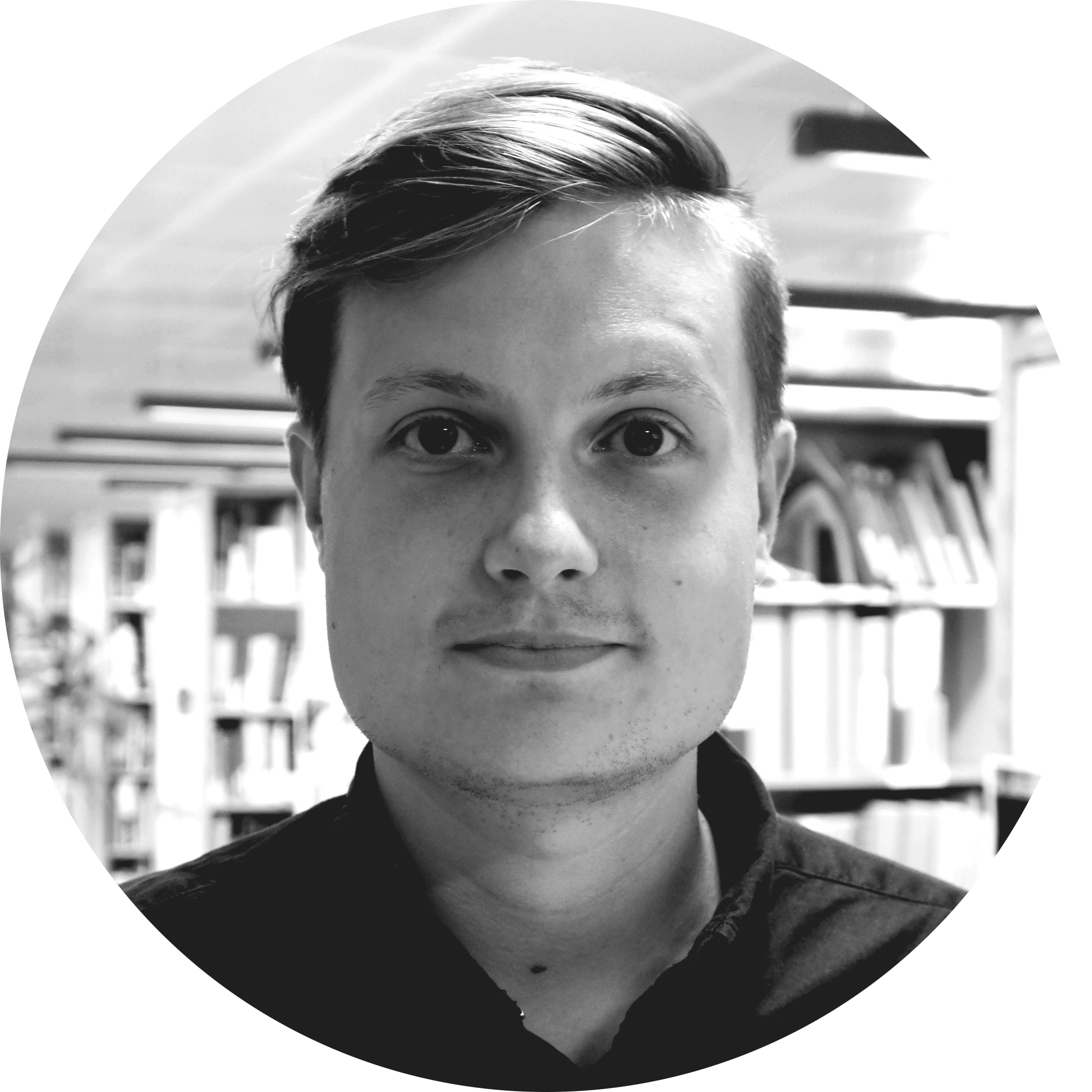 |
Film literacy as a key to a better learning / Marjo Kovanen
FILM LITERACY AS A KEY TO A BETTER LEARNING – ENCOUNTERING DIVERSITY IN FINNISH SHORT FILMS
Participants of the workshop will learn about film education ideas behind the School Cinema learning materials and principles of film literacy. A closer look at the subject of diversity and how it can be tackled with film educational tools will be taken through two Finnish short films. All teachers are welcome to attend the workshop, but it might be more interesting to the upper comprehensive school and upper secondary school teachers.
Marjo Kovanen (Finland) Marjo Kovanen works as a senior specialist at the film education organisation Koulukino – Skolbio (School Cinema Association) in Finland. Kovanen is also a doctoral student at the University of Tampere (Department of Communication, Media and Theatre) where her field of interest is film education, film literacy and children´s film. | 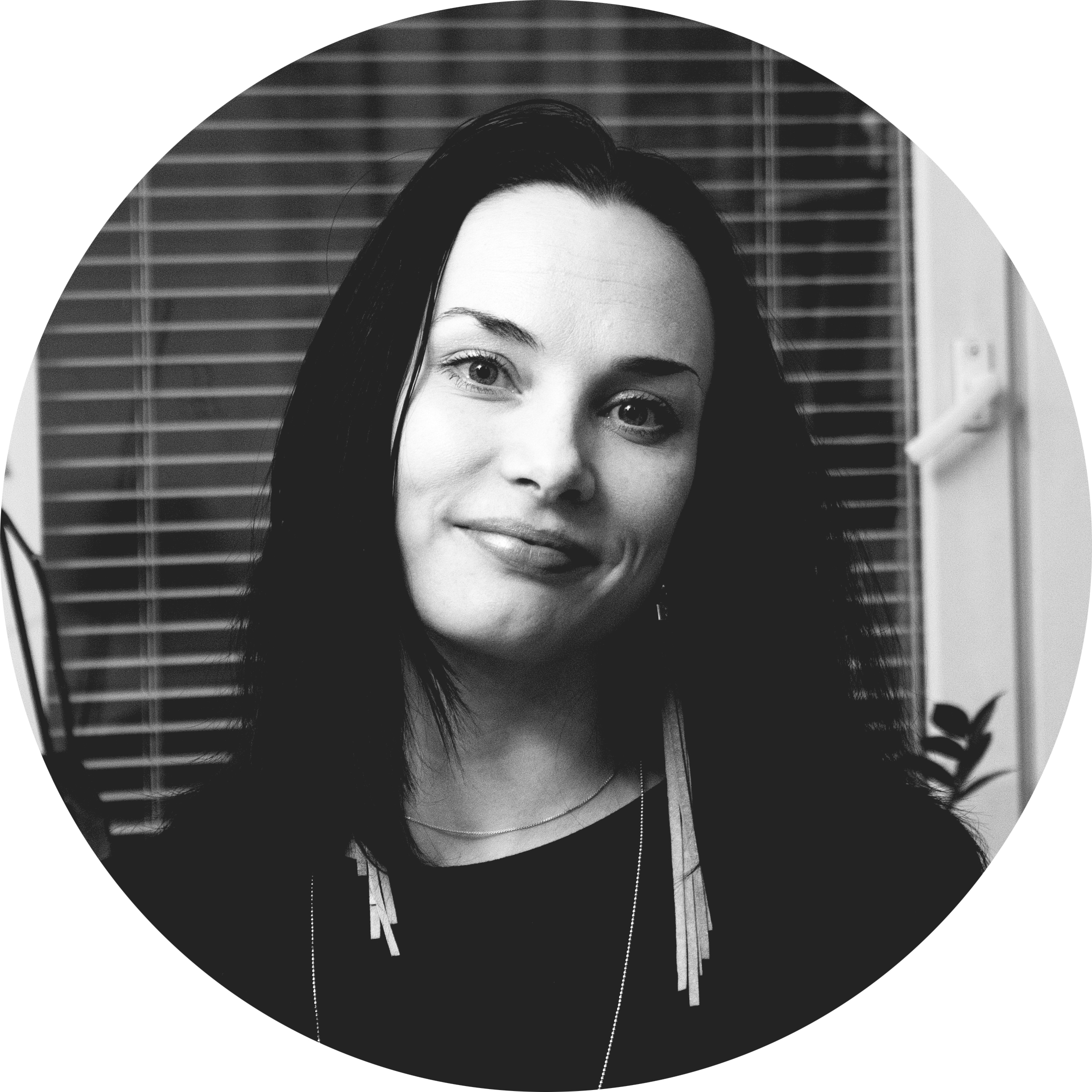 |
Claymation: Game-design in Classroom / Tina Klemmensen
CLAYMATION: GAME DESIGN IN CLASSROOM
During this turbo animation workshop, teachers will get hands-on methods on how to visualize FAME. Participants will be able to run a similar workshop back with tehir pupils or students and take them through the process of getting the idea, coming up with a storyline, building sets and puppets, animating the story and adding soundtrack. It's all done on a mobile phone and by using a free stop-motion app. When leaving the workshop teachers will feel excited, prepared and safe when tutoring tehir own animation workshops.
Tina Klemmensen (Denmark) Tina Klemmensen has done numerous hands-on stop-motion workshops. Klemmensen has her own company and she helps her clients, organisations and private companies, to enable better communication using stop motion as a creative tool. She was trained as a puppet animator by Aardman in England and has a Masters’ in Illustration from Design Kolding in Denmark. Klemmensen combines design thinking with the narrative from animation. Klemmensen was invited to do aTEDx talk about her methods in Sofia, Bulgaria, earlier this year and together with audience of 800 people, they built puppets during her talk. | 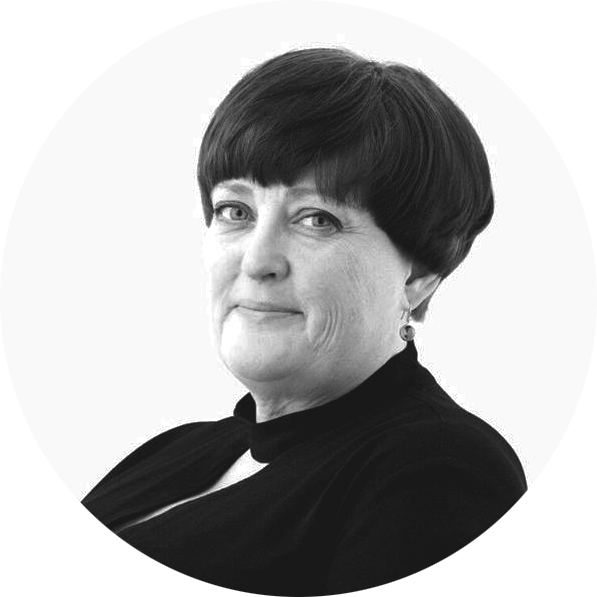 |
What Language does a film speak? / Diāna Lielmane
WHAT LANGUAGE DOES A FILM SPEAK?
Using examples from Latvian cinema history, participants will have the opportunity to learn about the basics of the film language and test them out.
Diāna Lielmane (Latvia) Diāna Lielmane is the education programme curator at LAC Riga Film museum. In 2019 she acquired her Bachelor’s degree in Pedagogy with qualification in Cultural studies and visual arts teacher. Lielmane is currently pursuing a Master’s degree in Educational Sciences. | 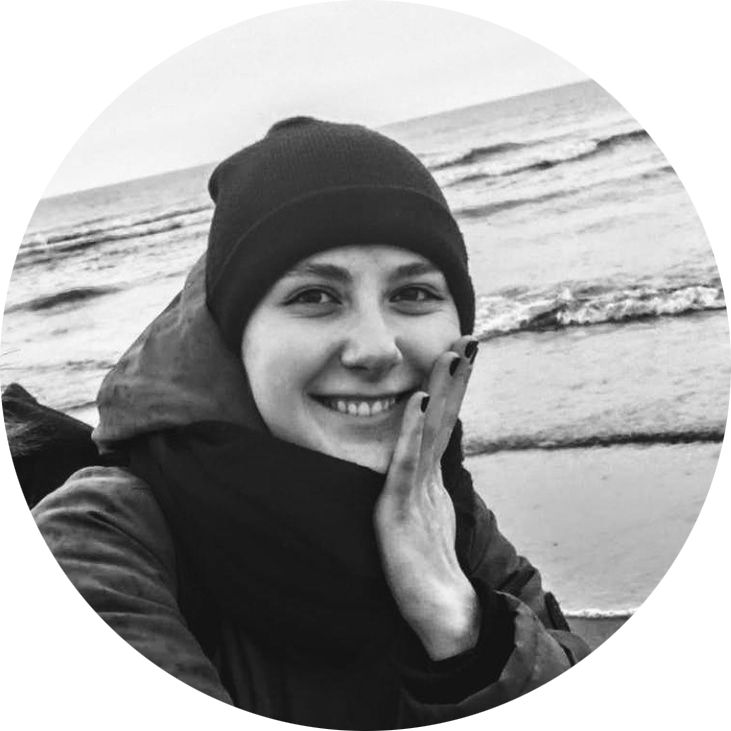 |
Active learning methods based on media and film / Reesi Kuslap
ACTIVE LEARNING METHODS BASED ON MEDIA AND FILM
The workshop will provide teachers with practical learning methods in order to integrate media and film in their subjects. The workshop is mainly meant for social studies and/or language teachers for basic and upper secondary school. Workshop requires active participation.
Reesi Kuslap (Estonia) Reesi Kuslap is a teacher of history and social studies in Viimsi Gümnaasium, Estonia. Kuslap also is known as rapping teacher Reesi, and has own Facebook page and YouTube channel, where she shares her and her students projects. Her goal is to promote a positive image of teacher's profession. Kuslap is also training teachers by giving different lectures on her experience. | 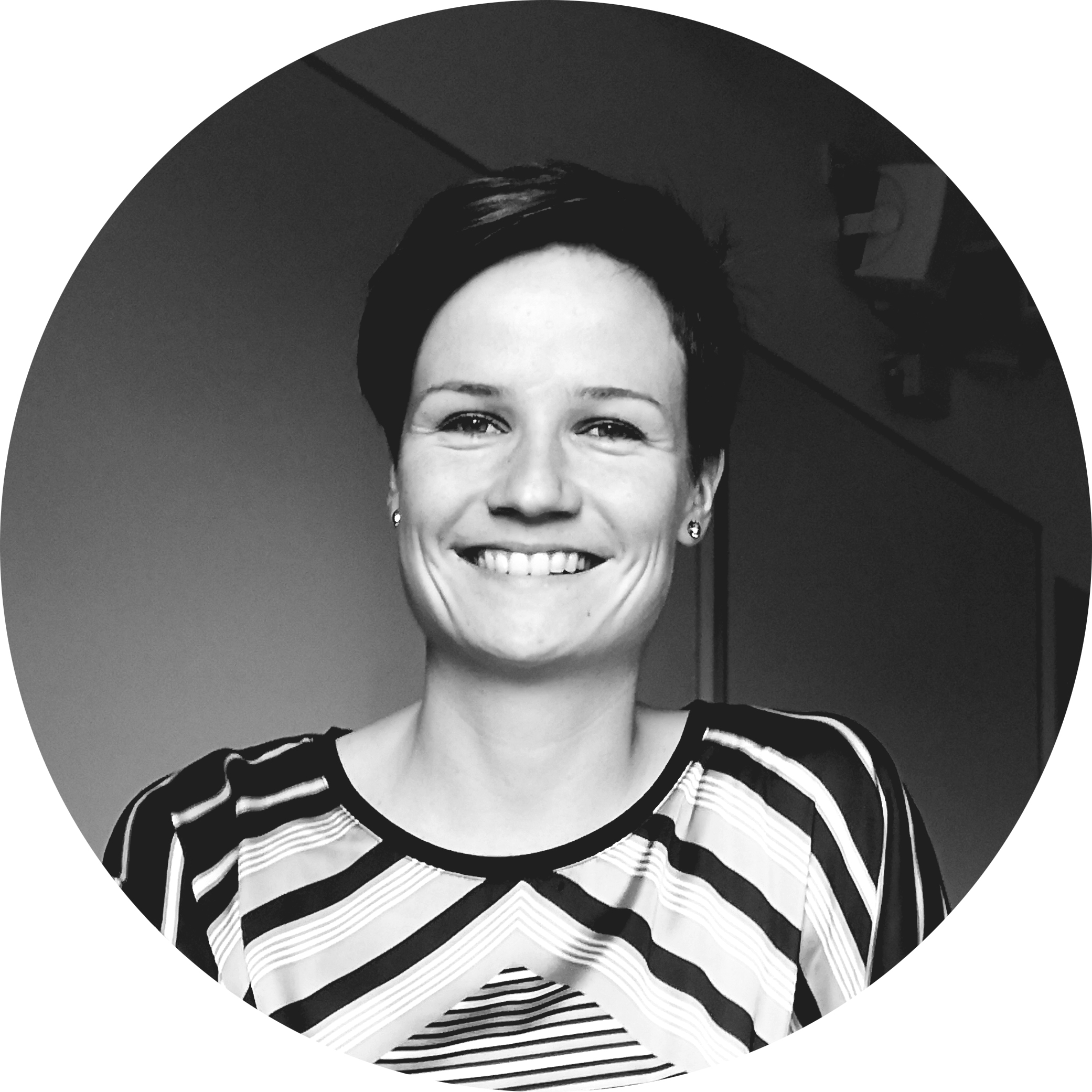 |
Propaganda and the power of images / Carina Milde
PROPOGANDA AND THE POWER OF IMAGES
After visiting the Fake ≠ Fact Info Lab exhibition, designed to give tools that can help to identify common narrative techniques for false and misleading information, the participants of the workshop will focus on identifying these tools, which they will later be able to utilize in their classes and share with their students.
Carina Milde (Sweden) Carina Milde is an art historian and curator at the Museum of Work, one of Sweden’s national museums. One of the most important missions and priorities of her work is to focus on the power of images, on democratic dialogue and furthering the dialogue related to Media and Information Literacy. | 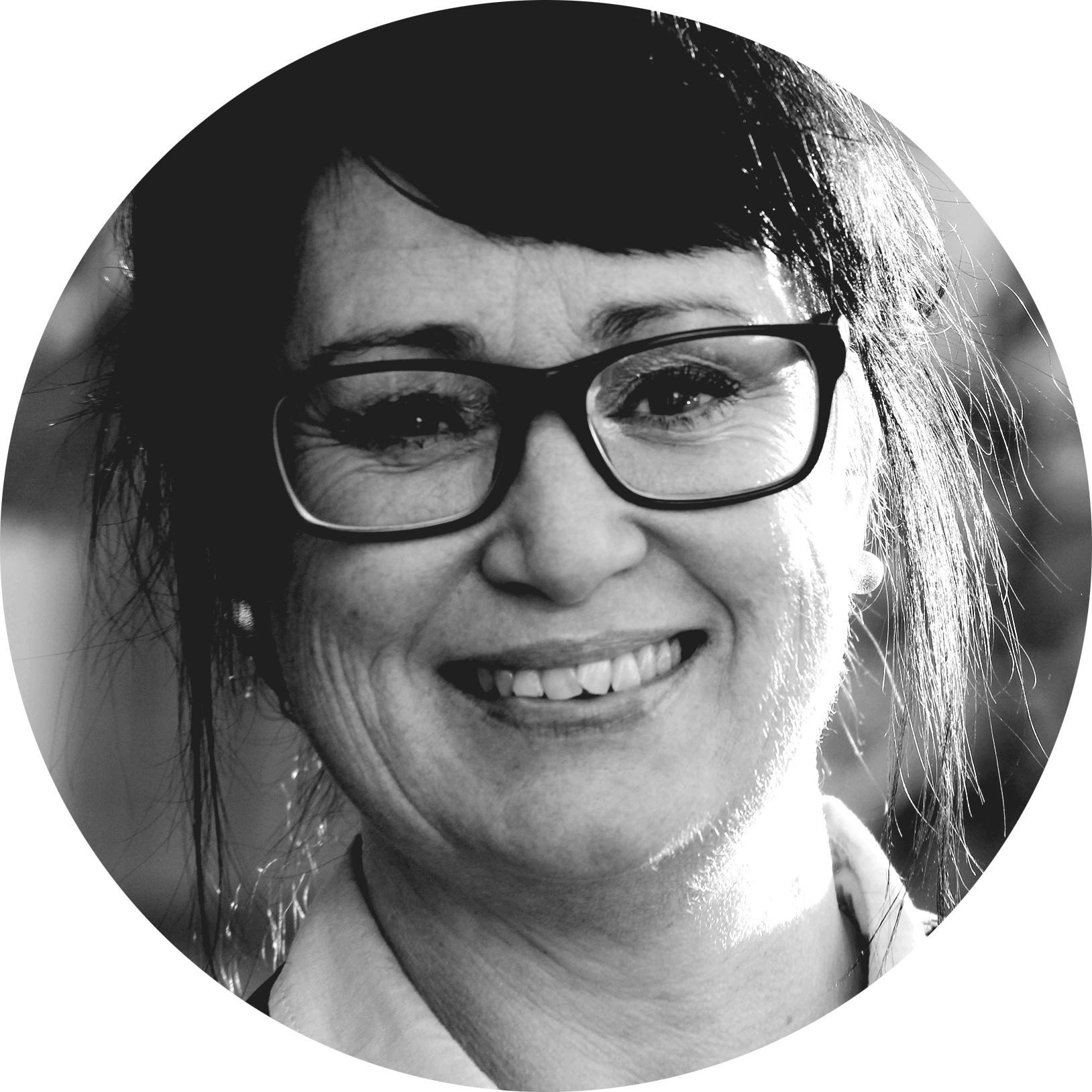 |
Influencer Literacy / Youth movement "Medijpratējs" & Guna Spurava
INFLUENCER LITERACY
The Youth nowadays represent a generation that has become not only the beneficiaries of media and information literacy, but are also the drivers of this field – being the ones who gain the knowledge and educate others. In this workshop four Communication Sciences students of the University of Latvia will explain “Influencer Literacy” to teachers. What does influencer marketing means, how and why influencers communicate with their audience, how they earn money, do they feel responsibility towards their audience and more.
Youth movement "Medijpratējs" & Guna Spurava (Latvia) The youth movement "Medijpratējs" was initiated by the Communication Sciences students of the University of Latvia – Marta Stalidzāne, Ieva Krukovska, Rūta Barviķe and Viktorija Rače, and is supported by the head of UNESCO Media and information literacy chair Guna Spurava. It was created with the goal to explain and raise awareness on media literacy, as they believe that it is much more effective for young people to learn from other young people, thus making it a youth to youth movement. "Medijpratējs" in Latvian translates to as a person who practises media literacy." | 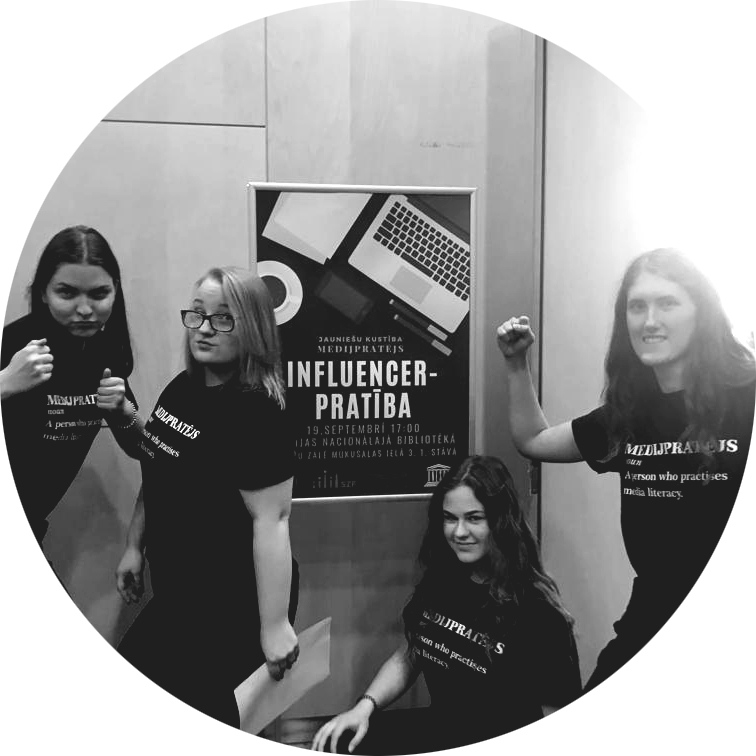 |
October 23 - Workshop Descriptions
Animation workshop / Mikk Rand
ANIMATION WORKSHOP
The workshop is focusing on media literacy and school curriculum from a very practical animation making perspective. To participate in this workshop, you will need your own smartphones or tablets with free space.
Mikk Rand (Estonia) Mikk Rand has more than 25 year experience in film production processes. He has background in film directing, with specialization in animation, documentaries and features. In 2001 Mikk founded and is still working in his own film teaching and distributing organisation Kinobuss, which focuses on teaching film, media and multimodality in film literacy. | 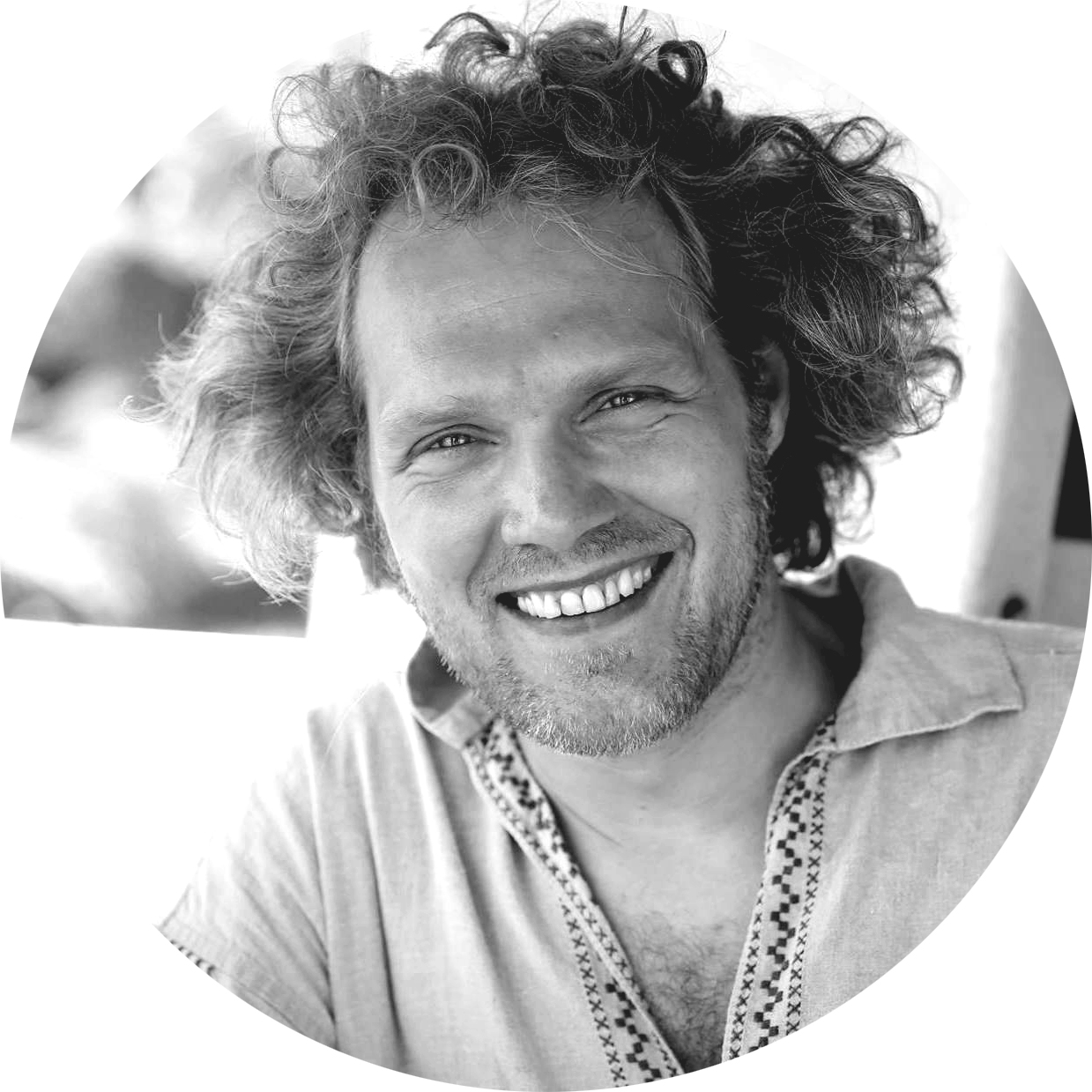 |
Pocket Film workshop / Martin Spenner
POCKET FILM WORKSHOP
Participants of this workshop will make their own films on iPads in groups. The participants will develop ideas, shoot film, edit and premiere their films. The workshop is a ready-to-use concept which can be used afterwards in their own class back home.
Martin Spenner (Denmark) Martin Spenner is a partner in Lommefilm, a company that focuses on combining film, communication and learning. The target groups mostly are kids aged 10 to 16. Lommefilm hosts film workshops in many Danish schools, also cooperating together with partners like The Danish Cancer Society and Save the Children. | 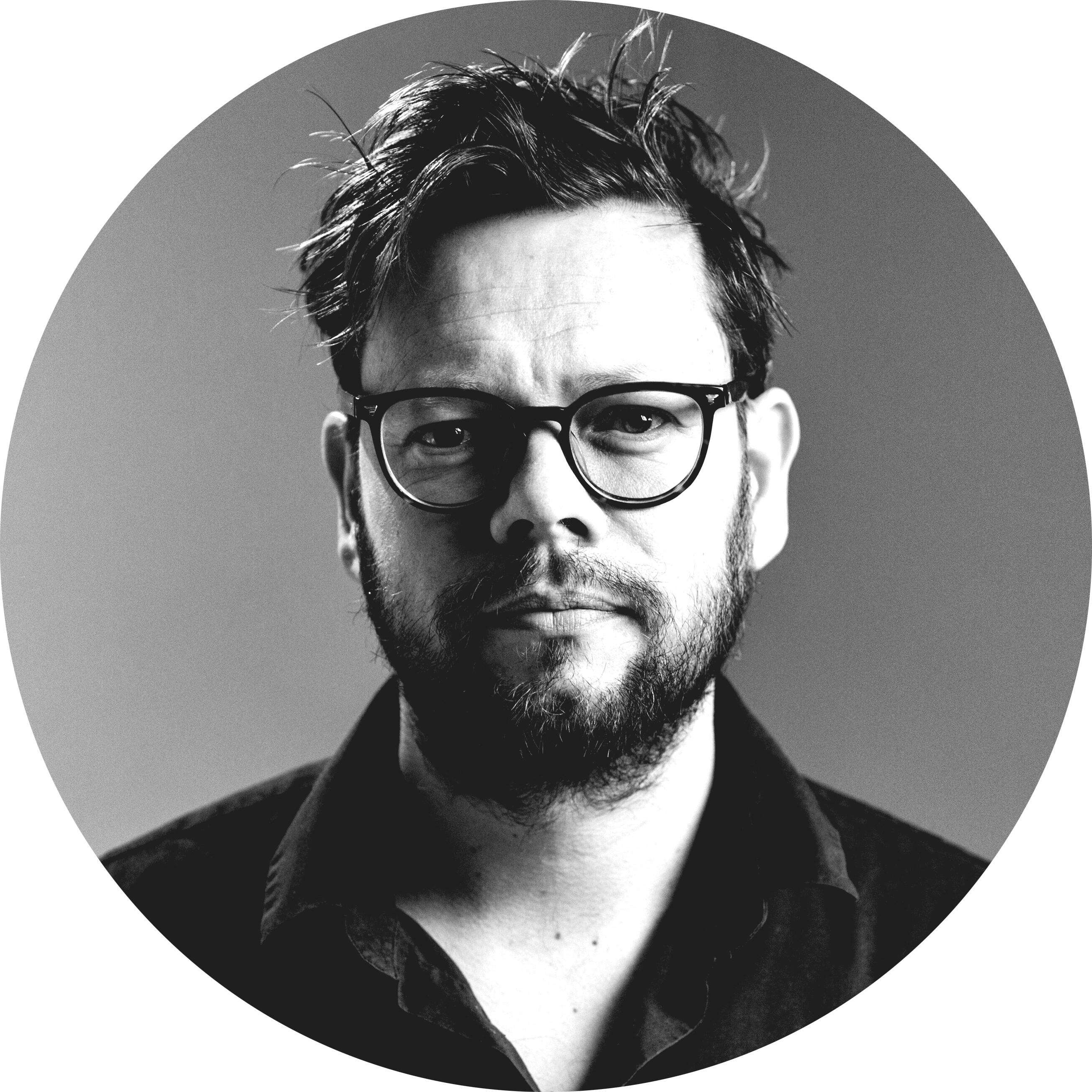 |
Students and Collage of their media / Katrin Sigijane
STUDENTS AND COLLAGE OF THEIR MEDIA
The workshop will provide a closer look to such key-words as: "Me-brand". Influencers. Fake News. Memes, TikTok. Teachers will produce some TV-News and social advertisements to be used as creative, gamified tools in the study process. Smartphones are recommended to be taken with.
Katrin Sigijane (Estonia) Katrin Sigijane’s background education is in audio-visual storytelling (BA) and Digital Learning Games (MSc). Katrin's passion is to develop educative, innovative environments combined with storytelling and psychology of persuasion. She is also a professor at Tallinn University of animation techniques and multimedia, and is also working as a producer for the AR/VR Creative Lab in MEDIT, BFM. | 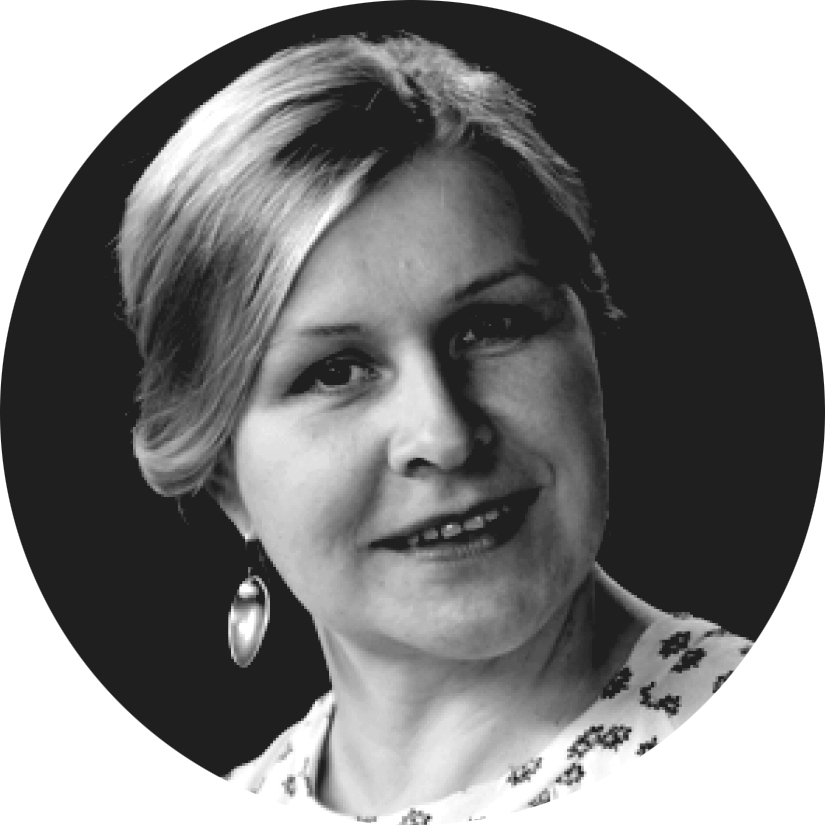 |
Algorithm-Driven Social Media in Youth Education / Sirkku Kotilainen
ALGORITHM-DRIVEN SOCIAL MEDIA IN YOUTH EDUCATION
The workshop is for all teachers who are interested in finding out how to tackle with algorithm-driven social media in classroom. Teachers will be working in groups or pairs and develop assignments or courses on the topic.
Sirkku Kotilainen (Finland) Sirkku Kotilainen, PhD, is a professor of media education in the Faculty of Information Technologies and Communication Sciences of the Tampere University. She is leading the International Master’s Degree Program in Digital Literacy Education and is also responsible for the postgraduate programmes in the field. Kotilainen’s research covers youth agency online and digital literacy. | 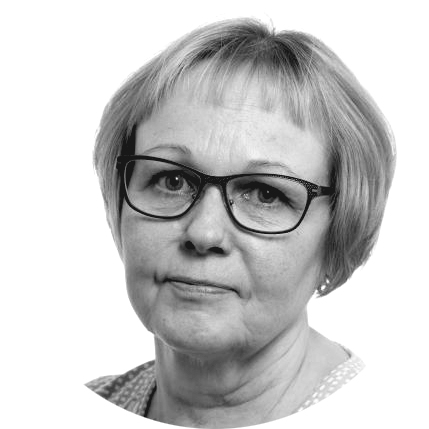 |
Deciphering Film Tropes / Dārta Ceriņa
THE DEEPER INTO THE FOREST, THE FATTER THE PARTISANS: DECIPHERING FILM TROPES
In the context of audio-visual content’s consumption, some might have heard designations ‘born sexy yesterday’, ‘white saviour’ or ‘white fragility’ – those are film tropes or symbolic schemes that have been systematically repeated in films for many decades. In this workshop teachers will analyse the meaning-making process and recycled narratives (genres, plots, etc.) and visual signifiers (tropes, visual metaphors, etc.) using a reductionist approach. However, the main question remains: if we can detect tropes as cultural staples, is there a possibility to avoid them?
Dārta Ceriņa (Latvia) Dārta Ceriņa, Bc. art., is a film critic, a culture journalist and a researcher of performing and audio-visual arts and working at the Research Centre of the Latvian Academy of Culture (the LAC). She has graduated BA programme of the theory of audio-visual and performing art at the LAC, and currently studying at the master’s programme of semiotics at the University of Tartu. Ceriņa also actively publishes in the press and takes part in an international and local scale master classes and conferences dedicated to the semiotic aspects of film art and theatre. | 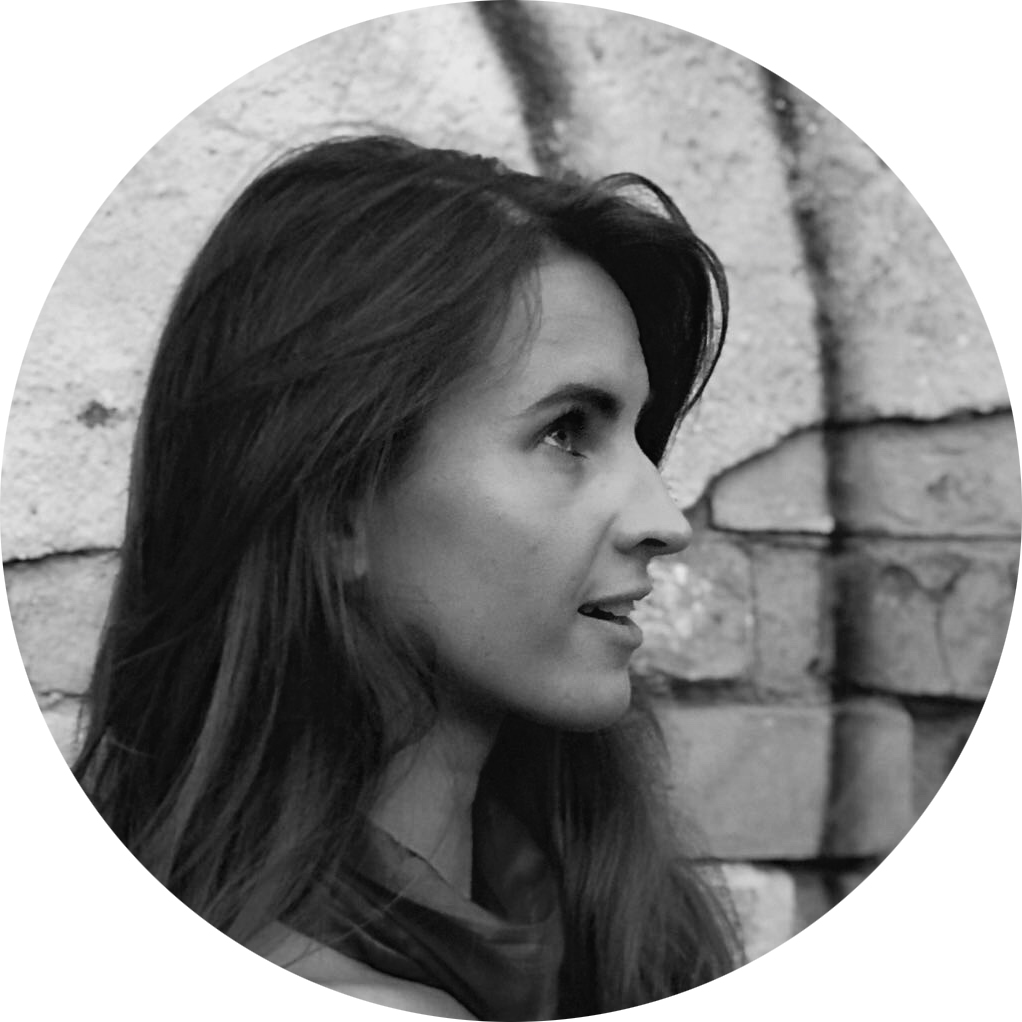 |
Storytelling for education: using narrative as a learning tool / Leo Antolini
STORYTELLING FOR EDUCATION: USING NARRATIVE AS A LEARNING TOOL
How can we incorporate storytelling techniques in classroom? This workshop will explore different ways in which storytelling can enhance learning, participation and engagement in students of all ages.
Leo Antolini (Spain/ Italy) Leo Antolini is an illustrator, designer and director with over 15 years of professional experience. He has led workshops on animation, design and storytelling in Argentina, Spain, Armenia and Denmark | 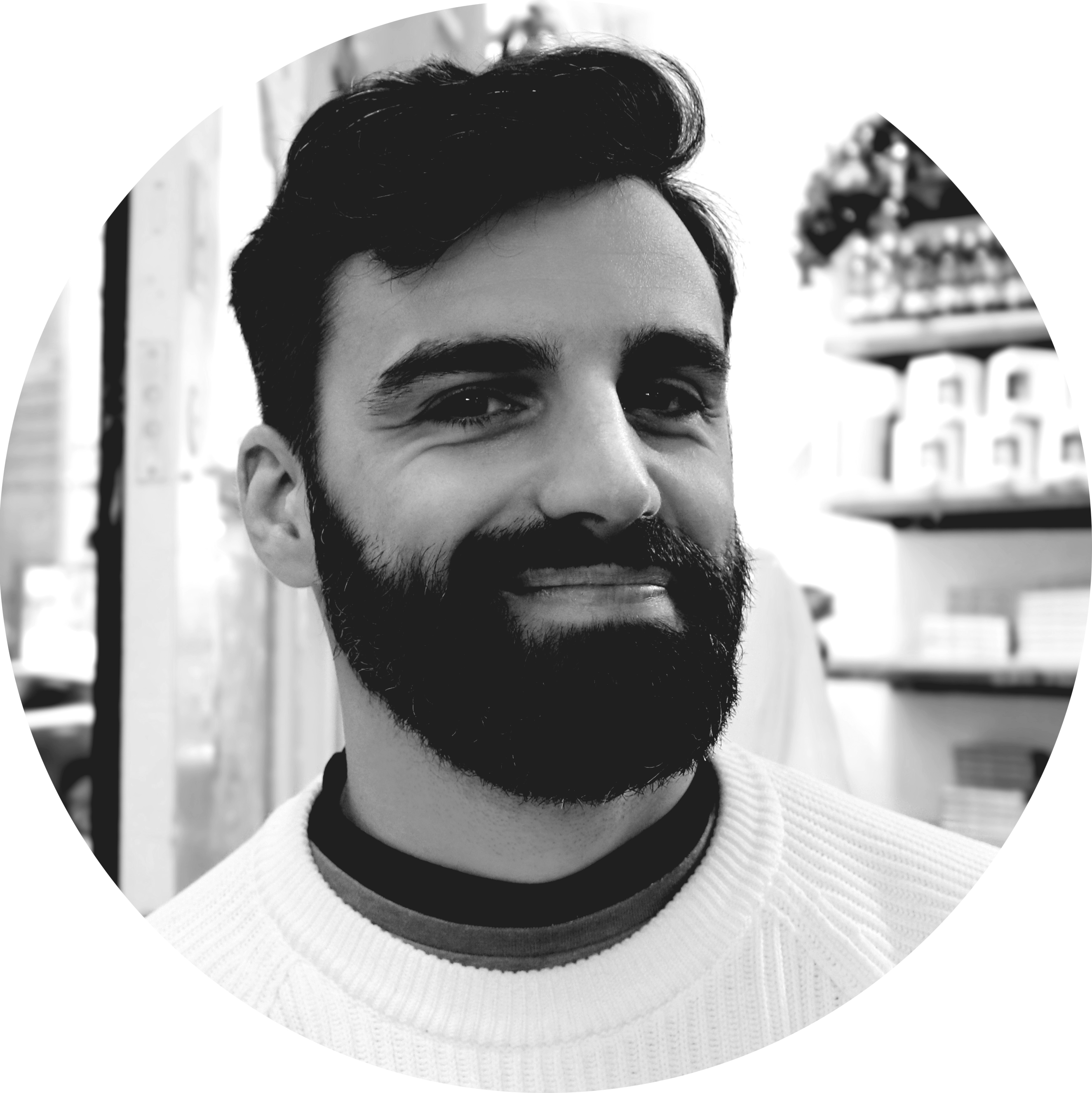 |
Affects, Emotions, and Biases: Why Is Information Literacy so Difficult? / Ignas Kalpokas
Affects, Emotions, and Biases: Why Is Information Literacy so Difficult?
Information literacy is certainly one of the key skills to have in today's increasingly mediatised world. Nevertheless, practicing it has proved to be notoriously difficult. That is because while knowledge and awareness may go a long way, there are deeper - subconscious - processes that are embedded in the digital architecture of today's life and can be exploited by savvy actors. Building on the two of his recent books - 'A Political Theory of Post-Truth' (Palgrave Macmillan 2019) and 'Algorithmic Governance' (Palgrave Macmillan 2020) - Ignas will explore how a combination of datafication of everyday life, algorithmic structuration of information supply, and online business practices pave way for emotional triggering and affective nudging that can make even an otherwise sceptical individual tick.
Teachers of civic education classes but the seminar is by no means limited to them. Participants do not have to bring anything.
Ignas Kalpokas (Lithuania) Ignas Kalpokas is Associate Professor of Public Communication at Vytautas Magnus University. He holds a PhD in Politics from the University of Nottingham (United Kingdom) and is the author of three monographs. His main interests are political identity construction through (particularly online) communication and manipulation, algorithmic governance of social life, and the role of affects and emotions in politics. | 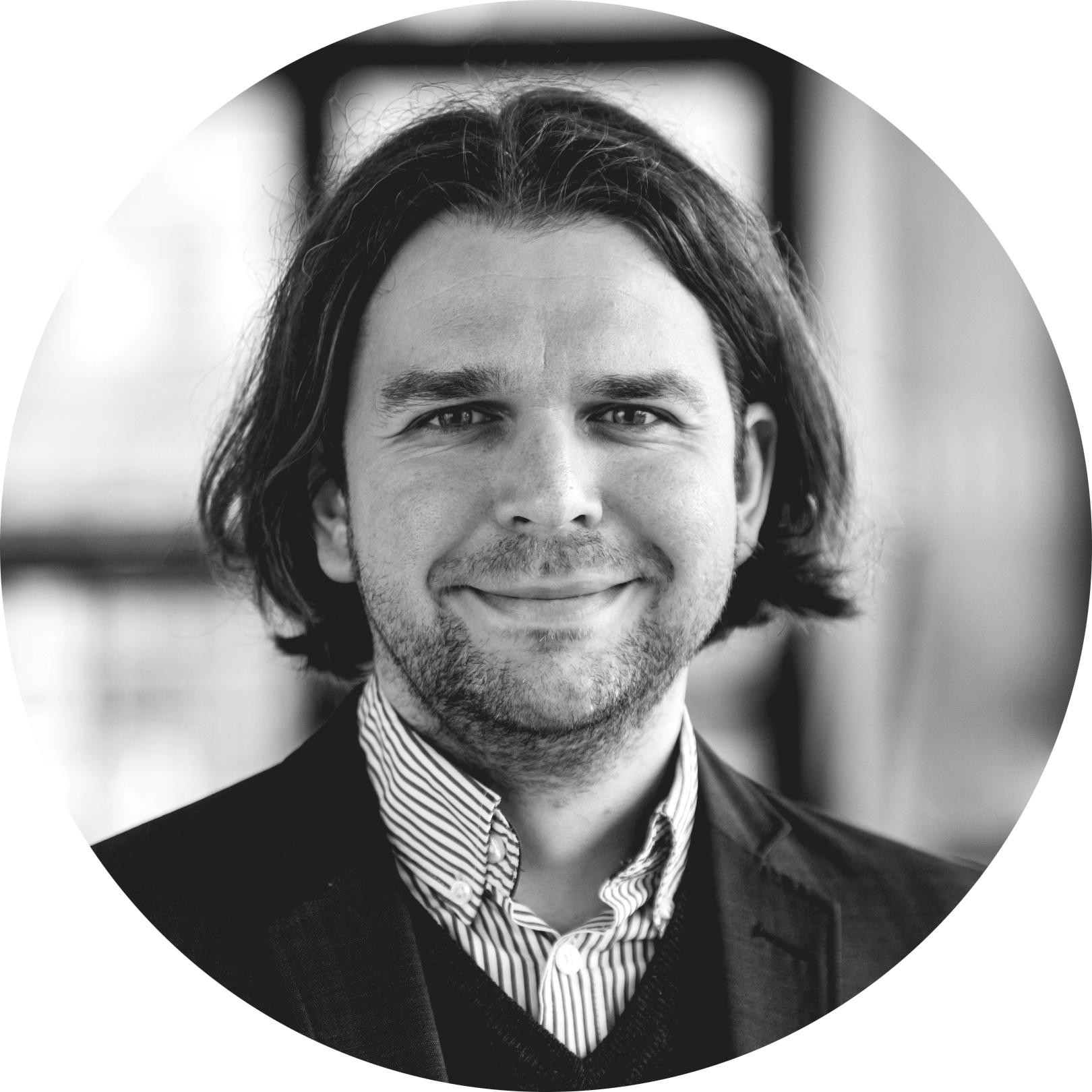 |
Memes as an Internet folklore and a tool to connect with students / Gytis Dovydaitis
Memes as internet folklore and a tool to connect with students
Although such social networks as Facebook, Reddit or Tumblr are still rather young, they have produced an incredibly rich and deep mythology which is understood only by the ones who participate in it. It's argued that digital memes are the main means of cultural exchange in online society, especially within younger population: they act as means to signify ones identity and connect with others, to gather respect, to both criticize and praise, to construct coded linguistic capitals, and much, much more. Knowing them by heart opens new possibilities to establish a horizontal connection with students. This workshop will take the participants through the crazy adventure of online memes and will introduce a playful approach to study and create them in online environments.
The workshop will be directly relevant for literature, English and art teachers, while practically the knowledge of memes can be used in absolutely any discipline. The participants should bring their own laptops in order to conveniently take part in the practical part of the workshop. However, that is not necessary if a participant only wants to spectate and discuss (and hopefully laugh).
Gytis Dovydaitis (Lithuania) Gytis Dovydaitis is a filmmaker, communication specialist, media theorist and a teacher working in Vytautas Magnus University and various commercial contexts. His academic research is concerned with internet culture, memes, post-internet art, postmodern philosophy, Jungian psychology and social space theories. | 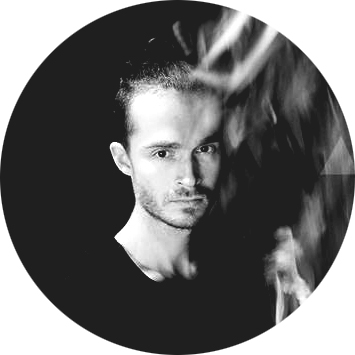 |

